For those of us of a certain age, movie soundtracks were some of the most important record releases of a generation. Whether talking about the Dazed and Confused soundtrack or the 8-Mile soundtrack, they were hot commodities, featuring an indelible collection of songs that both stood on their own and via their association with important films.
Videos by American Songwriter
Perhaps the biggest and brightest of those releases prior to the turn of the new century, however, was the Pulp Fiction soundtrack from the 1994 film.
Let’s dive into why.
Composition and Track Order
Comprised of 16 total songs, the Pulp Fiction soundtrack featured a wide array of musical styles and hit singles. It also featured sections and skits from the movie, which was one of the most popular in the entire 1990s, so that when you put on the record, you’re back in the movie. In your car? You can still hear the actors and the dialogue about foreign hamburgers (Royale with cheese!).
But the real meat of the album is the music. The soundtrack, thanks to writer-director Quentin Tarantino, introduced music lovers to handfuls of great, specific, nuanced tunes. Songs like “Jungle Boogie” by Kool & the Gang, “Let’s Stay Together” by Al Green, “Lonesome Town” by Ricky Nelson, “Son of a Preacher Man” by Dusty Springfield, and more.
All of these songs became favorites amongst people now in their late 30s and early 40s. But there’s more! Like “Flowers on the Wall” by The Statler Sisters, Dick Dale’s rendition of “Misirlou” and “Girl, You’ll be a Woman Soon” by Urge Overkill.” What gems.
Origins
The movie itself has no traditional film score. Instead, it was an eclectic group of songs that could be heard on either AM or FM radio—songs director Tarantino loved. In total, there are nine songs from the movie on the LP and four tracks of dialogue bits, which are then followed by music. There are three tracks of dialogue alone, as well. Seven songs featured in the movie were not included on the original 41-minute soundtrack.
Upon its release, the album reached No. 21 on the Billboard 200, and Urge Overkill’s cover of the Neil Diamond-penned “Girl, You’ll Be a Woman Soon” peaked at No. 59.
Tarantino chose surf music like Dale’s track because, he said, “It just seems like rock ‘n’ roll Ennio Morricone music, rock ‘n’ roll spaghetti Western music.”
According to legend, many of the songs on the soundtrack were suggested to the director by musician Boyd Rice, via their mutual friend Allison Anders, including Dale’s now-infamous track. Others were suggested to Tarantino by friends Chuck Kelley and Laura Lovelace, who were relied on as music consultants. (Lovelace also appeared in the movie as Laura the waitress.)
Legacy
In 2002, a two-disc collector’s edition of the album was issued. The first disc contained the songs, including four more tracks. And the second disc was a spoken-word interview with Tarantino.
The soundtrack has since been certified platinum in Canada. And by November 1994, total sales of more than 1.6 million had accumulated. By 1996, two million units had been sold. In 1995, the soundtrack reached No. 6 on the charts.
The success of soundtracks like the Pul Fiction offering, helps to bring to light songs that may have been lost to time. In this way, they were like tangible playlists, showing light on songs that were popular historically but that then earned a resurgence, like “Jungle Boogie.”
One reason why the soundtrack was so beloved was because of the curatorial flare Tarantino (along with music supervisor Karyn Rachtman) had as an artist. Wrote a critic in The Orange County Register, “Unlike so many soundtracks, which just seem to be repositories for stray songs by hit acts regardless of whether they fit the film’s mood, Tarantino’s use of music in Reservoir Dogs and Pulp Fiction exploded with a brash, Technicolor, pop-culture intensity that mirrored the stories he was telling.”
Wrote Billboard, “Pulp Fiction…successfully spoke to those attuned to the hip, stylized nature of those particular films.” Adding, “In some cases, like Pulp Fiction and Reservoir Dogs, which were not geared toward any specific demographic, the soundtracks were still very focused albums,” said Kathy Nelson, senior VP/general manager at MCA Soundtracks. “In both cases, the body of work—both the music and the film—has a specific personality.”
Gary Thompson of The Philadelphia Inquirer wrote that the soundtrack”reinvigorated surf rock.”
To this day, the genre is popular and one of the kings of surf rock, Dick Dale, has songs in commercials that sell everything from food to toothpaste.

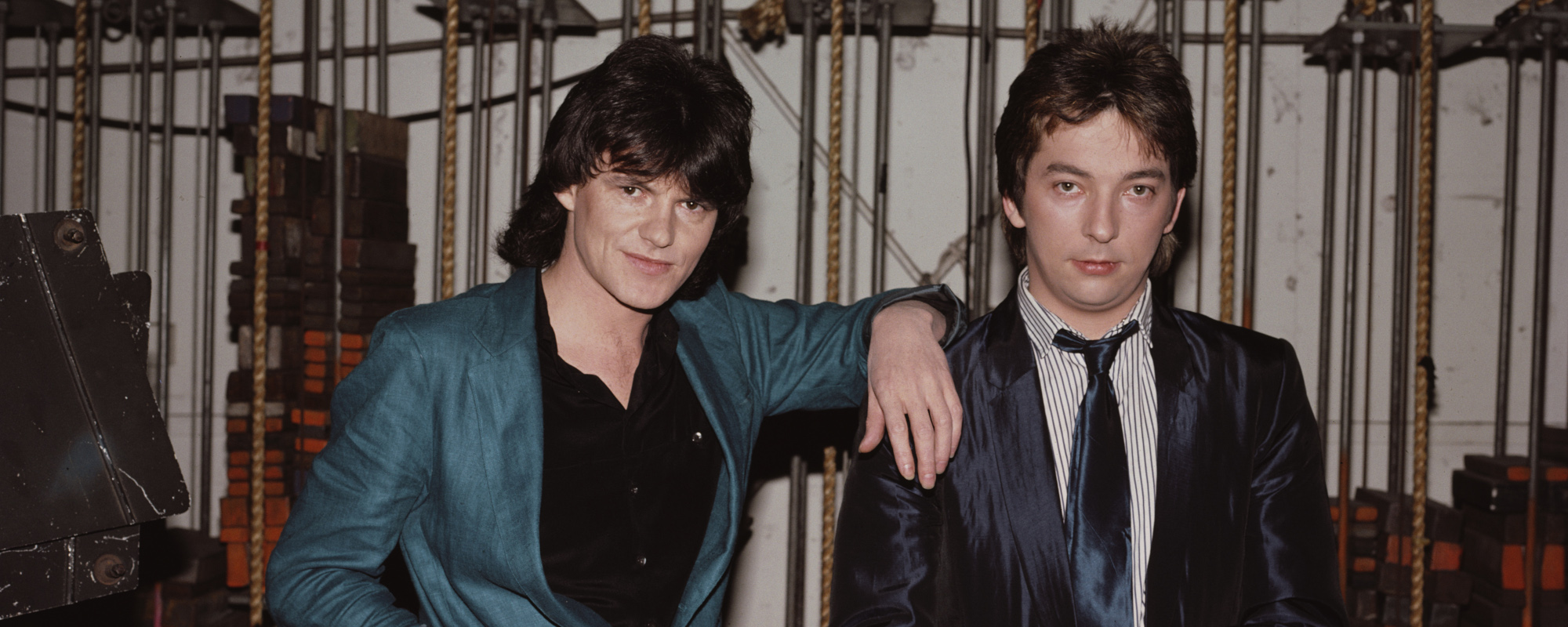
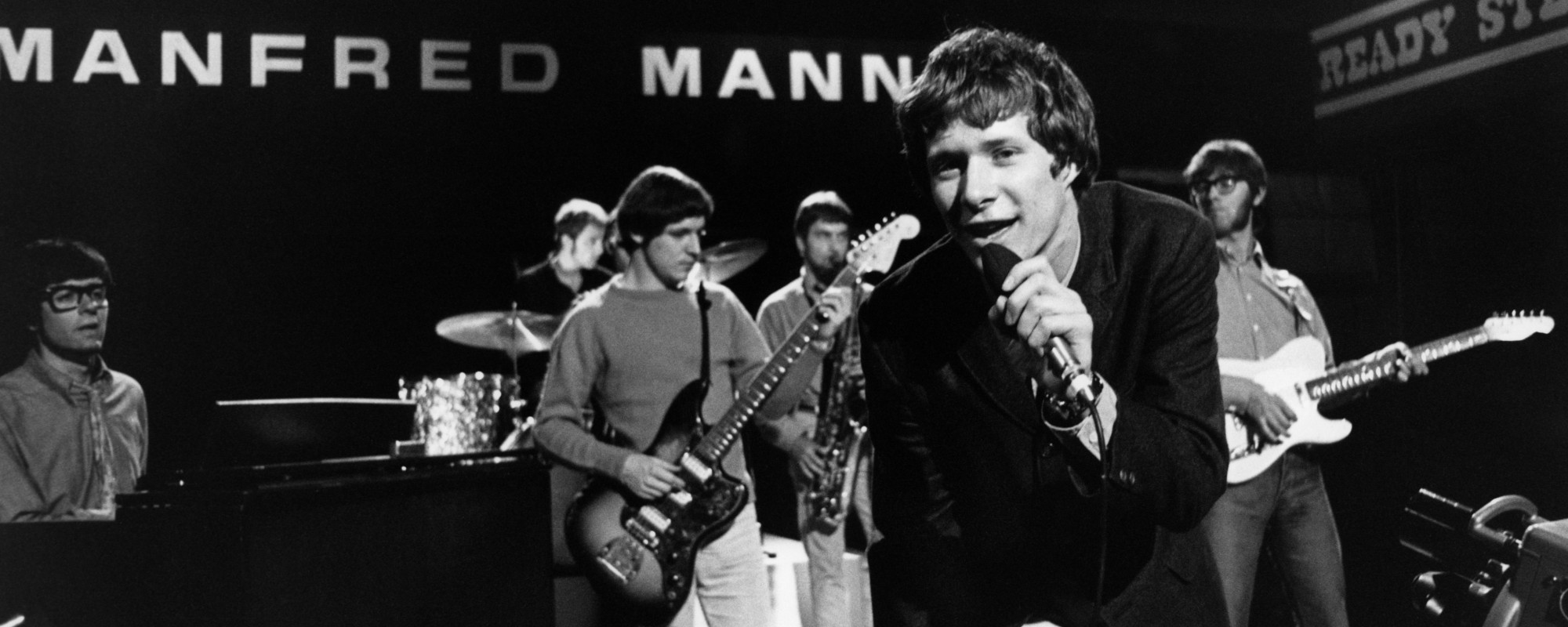
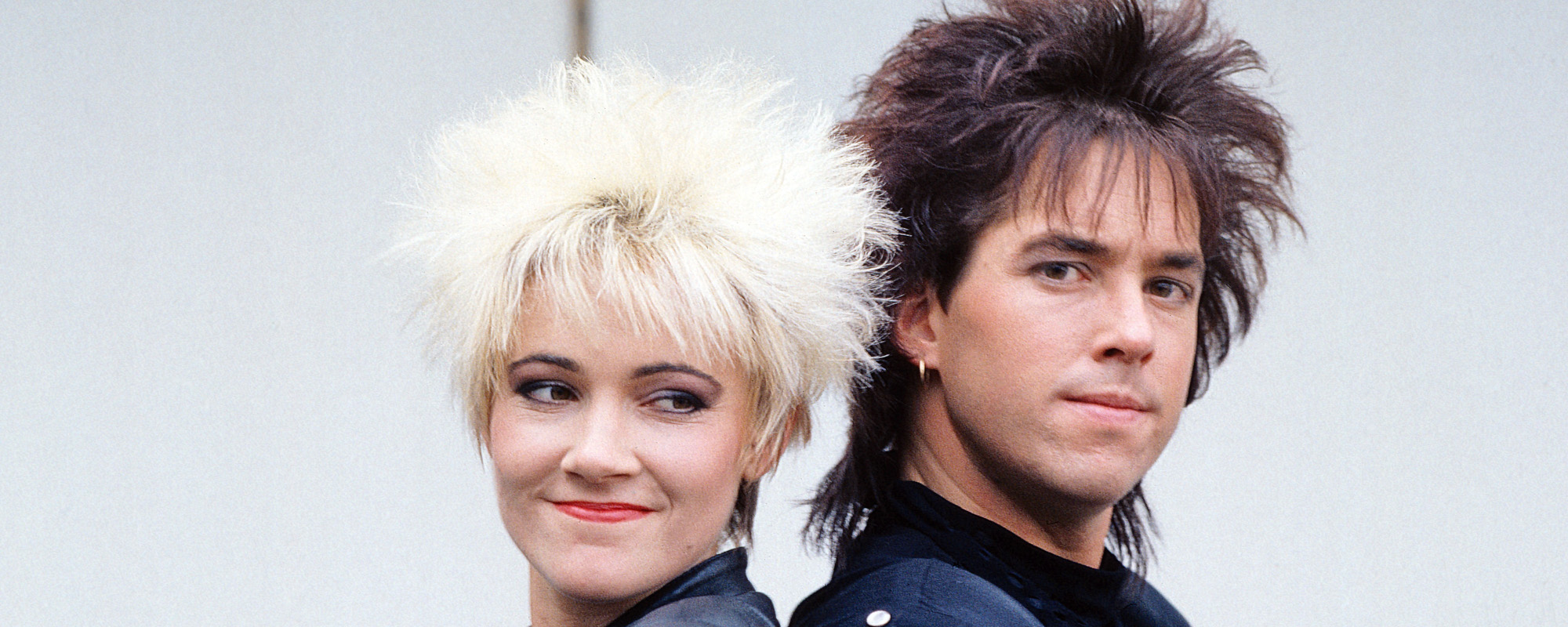
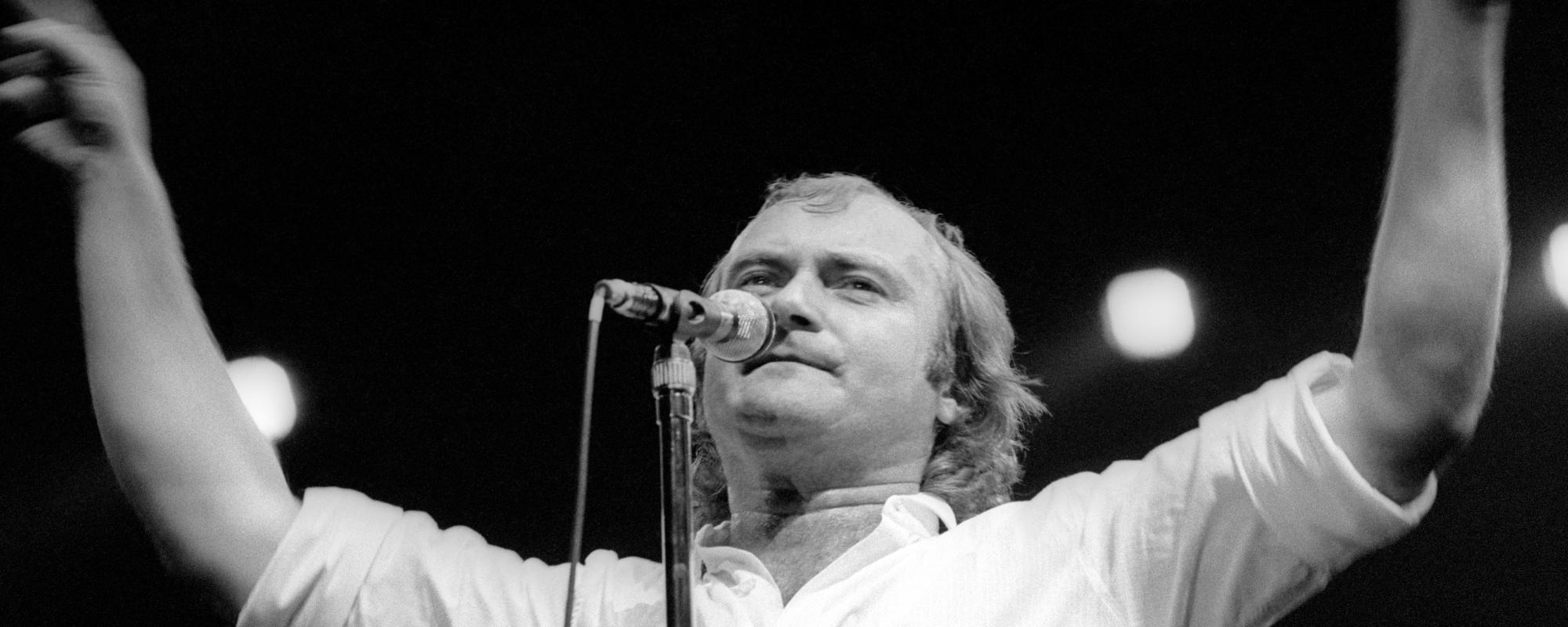
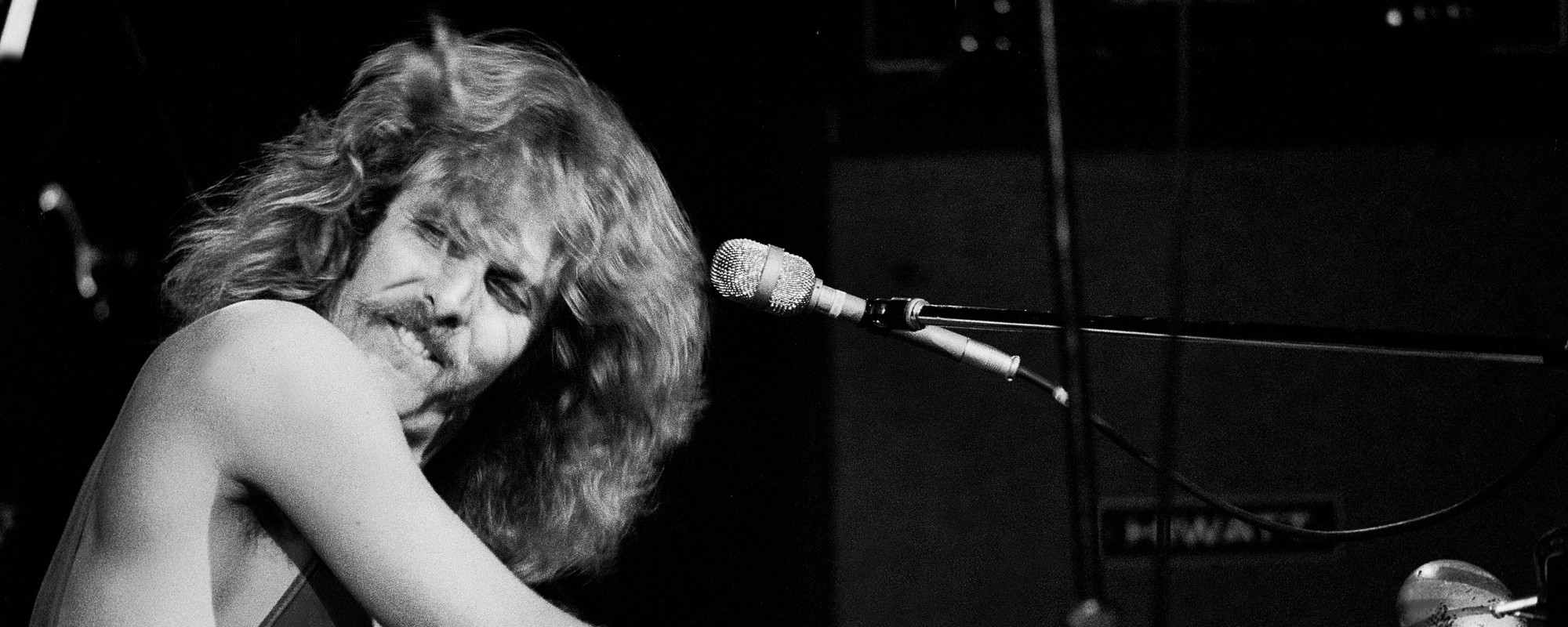


Leave a Reply
Only members can comment. Become a member. Already a member? Log in.